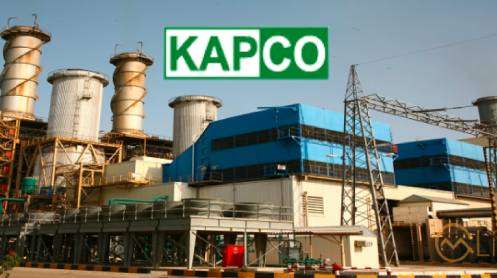ISLAMABAD: The Senate Standing Committee on Power voiced strong criticism on Wednesday over ongoing power outages despite surplus electricity, the unchecked rise in circular debt, and the increasing financial burden on consumers.
Chairing the meeting, Senator Mohsin Aziz expressed dismay at the absence of Power Minister Sardar Awais Leghari, who was expected to address critical issues—particularly the controversial contracts with independent power producers (IPPs), which Aziz labelled as unfair to the public.
Senator Shibli Faraz accused the Power Division of inefficiency and blamed it for passing inflated project costs and losses onto consumers. “There is no transparency. The Power Division consistently avoids disclosing facts,” he stated, according to the Senate Secretariat.
Aziz further criticized the department’s tendency to shift responsibility to a Task Force that itself operates under the Power Division. “This deflection is unacceptable,” he said, demanding accountability for the circular debt crisis and excessive IPP returns.
Power Division Secretary Dr Fakhr-e-Alam Irfan informed the committee that circular debt repayments are now tied to the debt servicing surcharge and assured no new burden would be transferred to consumers. He said subsidy rationalization was ongoing to help contain the debt.
Responding to queries, the Secretary attributed load-shedding to high-theft areas, despite overall improvements in losses and efficiency. He said theft-detection technologies were being introduced at the transformer level.
Senator Ponjo Bheel raised concerns over 14-hour outages in Tharparkar, Matiari, and Umerkot, despite residents paying their bills. He also alleged widespread bribery by local officials in exchange for illegal connections.
The committee expressed dissatisfaction with the Power Division’s vague responses and demanded detailed answers in the next session.
Senator Haji Hidayatullah highlighted a billing controversy in Peshawar, where Pesco officials allegedly demanded Rs300,000 to “settle” a Rs2.3 million bill previously cleared.
The Secretary pledged an investigation into the matter.
Meanwhile, K-Electric reported that 70% of its feeders were exempt from load-shedding, while the remaining 30% faced outages due to rampant theft. It added that consumer bills were now offered in instalments to ease payment burdens.
The committee chairman recommended a review of the strict slab-based billing system and suggested moving to an annual average-based model. The Secretary noted that 58% of consumers were in the protected category, paying Rs10 per unit, and highlighted the success of a new mobile app for self-meter reading, which has seen over 500,000 downloads and 250,000 registrations.
Story by Khaleeq Kiani







